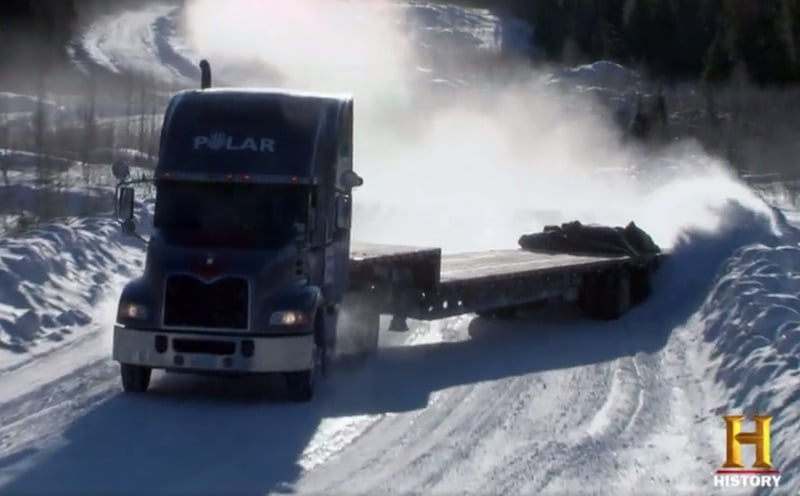Most "tech" companies don't sell "tech". They develop technology to create products, and get their money selling those products. Tesla doesn't have to sell "tech" per se to be considered a "tech company".
Tesla is different from traditional automakers not just because it makes EVs, but because its business model raises fixed costs relative to variable costs. Tesla is highly vertically integrated, and puts a lot of fixed cost into building in-house capability rather than the variable cost of buying components. Tesla also puts a lot of money into the fixed cost of developing core technology and software rather than outsourcing that capability and paying for it per unit.
A business model that pushes higher fixed cost and lower variable cost is less profitable if you are a low-volume producer, but more-profitable if you are a high-volume producer. Tesla in the past was a low-volume producer with a high fixed cost business model. Not surprisingly, this mismatch meant Tesla's profitability was trash. Tesla in the future will be a high-volume producer. The same high fixed cost business model that made Tesla unprofitable as a small company will make it very profitable as a big company.
This concept (raising up-front cost in order to cut variable cost) is bread and butter to the Silicon Valley tech scene. Tech companies, especially software, typically lose money for their first decade and sometimes more before their profitablity explodes upward. Look at Facebook and Salesforce for recent examples. It's just wrong to claim that a high fixed cost business model that loses money with $10B of revenue is going to lose money with $100B of revenue.
Even without Tesla having similarities between Tech that make it different than other auto manufacturers, it’s just silly to compare a company at Tesla’s stage to legacy auto. Tesla is a new company in a capital intensive industry- it’s in the process of spending its way through the barriers of entry as it scales.
There was a point in which maybe this could have broke them, but by now nearly everyone can see the path to profit. They have too good of product and enough momentum that they’ll have no problem getting past the current phase.
A lot of bad Wall Street analysts, and those that strive to be, get caught up in quarterly metrics, losing sight of the actual business cycle at play.
A bad analogy, which I’ll use anyways, is farming. A farmer invests a lot of capital getting the crops to grow, not showing a quarterly profit until after a harvest (forward markets not withstanding). If one ignored the business cycle, they’d be worried about the profitability.
Now think of the new farmer that acquired for a low price premium land, seed, and weather, but has nothing else. They’ll spend like crazy getting equipment and scale, showing a loss, even after the first few harvests. The 3rd generation farmer in marginal growing conditions likely has better profits. In another generation though, the new farmer will have more profits as long as they’re managed well.



